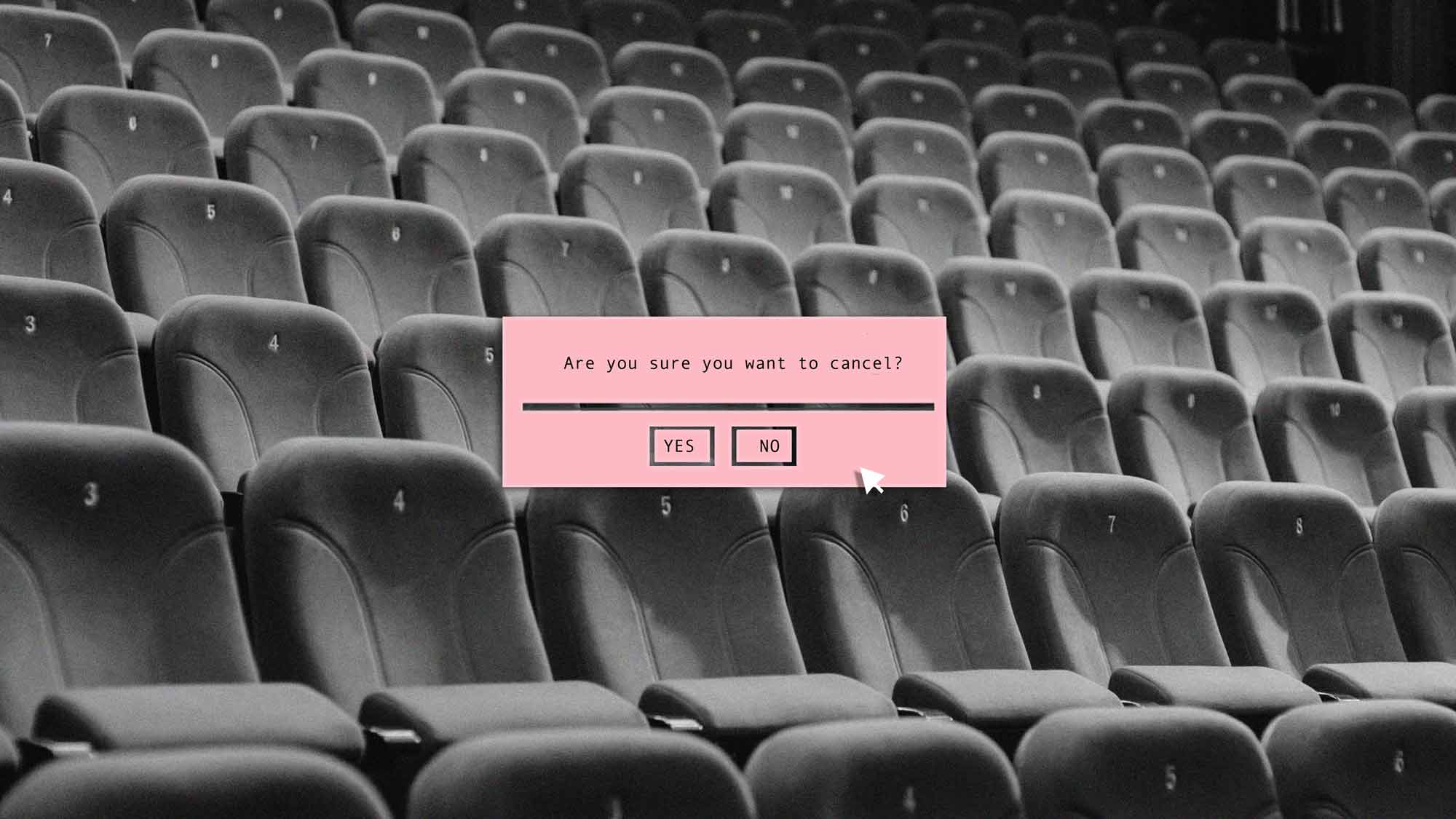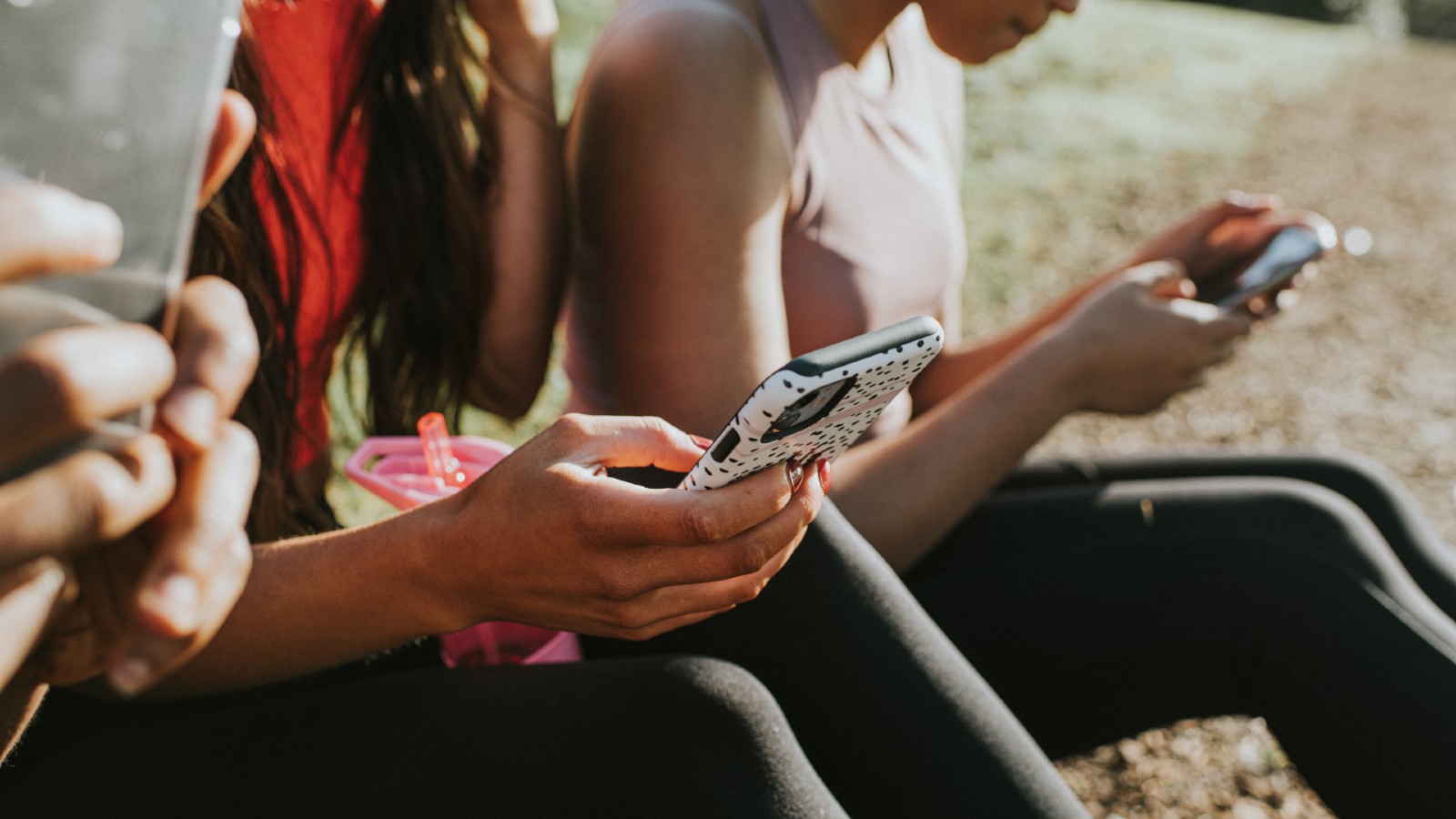The psychology behind cancel culture
In a world where everything is instant and permanent, is canceling the answer?


Social media is such a powerful tool for communication and information. We have everything we need at our fingertips, from fashion trends, TikTok hacks, even dating has never been easier thanks to the best dating apps. It also enables us to instantly chat, give our opinion and call out people that IRL we wouldn’t have been able to before. But, with the ability to give our opinion on every subject instantly, comes the rise of cancel culture.
As we know, canceling or cancel culture is when someone (usually a famous person) is “deleted” as a good person or public figure on social media after they have said or done something that others do not agree with or find offensive.
In many cases, the social media frenzy is justified when calling out someone whose actions or words were unacceptable, but we sometimes also see it happen to some who were misunderstood or a victim of fake news. This leads to something more like trolling.
Psychologist, mental health expert and author of The Leader’s Guide to Resilience, Dr. Audrey Tang, explains to us why, as human beings, we “cancel” others and whether it’s an effective way of driving change.
Dr. Tang explains that, on a human level: “We have a fundamental drive to be part of a group. We have always been safer together, and inclusion—even if you are near the bottom of the pack—still means you are part of something bigger.“
This means that when someone has a differing opinion from ours, it can make us angry or make us question our own foundations and stance in the world. She explains: “It is a common behavior, rather than to show acceptance of difference, to try to negate that of the other.”
Why should we call people out?
The act of calling out someone who has done wrong is a really powerful thing. Social media means that no one is untouchable, you are held accountable, no matter who you are.
Dr. Tang explains that saying how we feel can give us a dopamine hit, and open the door to larger conversations. We have seen social media become a huge platform for change and education and have seen people take accountability and be held responsible for their actions.
Calling someone out can be seen as a form of advocacy and allow you to lend your voice to a cause. Seeing someone being made accountable can spark serious change and have a knock-on effect on others—it can also humble people.

How is cancel culture damaging?
The instantaneous nature of social media, however, can mean we are too quick to judge. We call out based on misinformation, or when the person is not able to defend themselves or offer an explanation. Someone can go from being loved to universally hated in a matter of minutes.
Dr. Tang says that our approach to calling someone out is everything. She says that taking an accusatory stance can “provoke defensiveness rather than change…then the ‘argument’ often turns on wanting to win rather than any form of learning.”
She explains that it could also stunt communication and “drive those who feel like ‘victims’ of cancellation to simply move towards a space where their views are accepted/tolerated/celebrated…regardless of how abhorrent they are. If people are simply shouting, no one is listening nor learning.”
- What is a situationship—and are they toxic?
- A friendship breakup can be worse than a romantic one, here's why
- Am I dating a narcissist? Here are the tell tale signs
So what can we do instead?
Social media and the ability to call someone out for their words or behaviour is a powerful thing. However, cancelling or judgement can often be rooted in anger, with both sides shouting at the other, and can often hinder, rather than accelerate, a cause.
Dr. Tang suggests that firstly, we think before we judge because once we press that send button, there’s no taking it back.
Instead of angrily trolling, or accusing, we should protest, campaign and advocate. “Calling out, if done well, is more likely to lead to change,” Dr. Tang says.
In everyday life, we can either call out in private or do it without accusation and instead ask questions such as why the person has that opinion or why they said what they said.
Dr. Tang says: “Make active change where you have influence.” She continues: “It doesn’t have to be nasty, nor humiliating—in fact the more diplomatic, the more likely you are to effect a change of mind.”

Naomi is a Lifestyle News Writer with the Women's Lifestyle team, where she covers everything from entertainment to fashion and beauty, as well as TikTok trends for Woman&Home, after previously writing for My Imperfect Life and GoodTo. Interestingly though, Naomi actually has a background in design, having studied illustration at Plymouth University but lept into the media world in 2020, after always having a passion for writing and earned her Gold Standard diploma in Journalism with the NCTJ.
Before working for Future Publishing’s Lifestyle News team, she worked in the Ad production team. Here she wrote and designed adverts on all sorts of things, which then went into print magazines across all genres. Now, when she isn’t writing articles on celebs, fashion trends, or the newest shows on Netflix, you can find her drinking copious cups of coffee, drawing and probably online shopping.